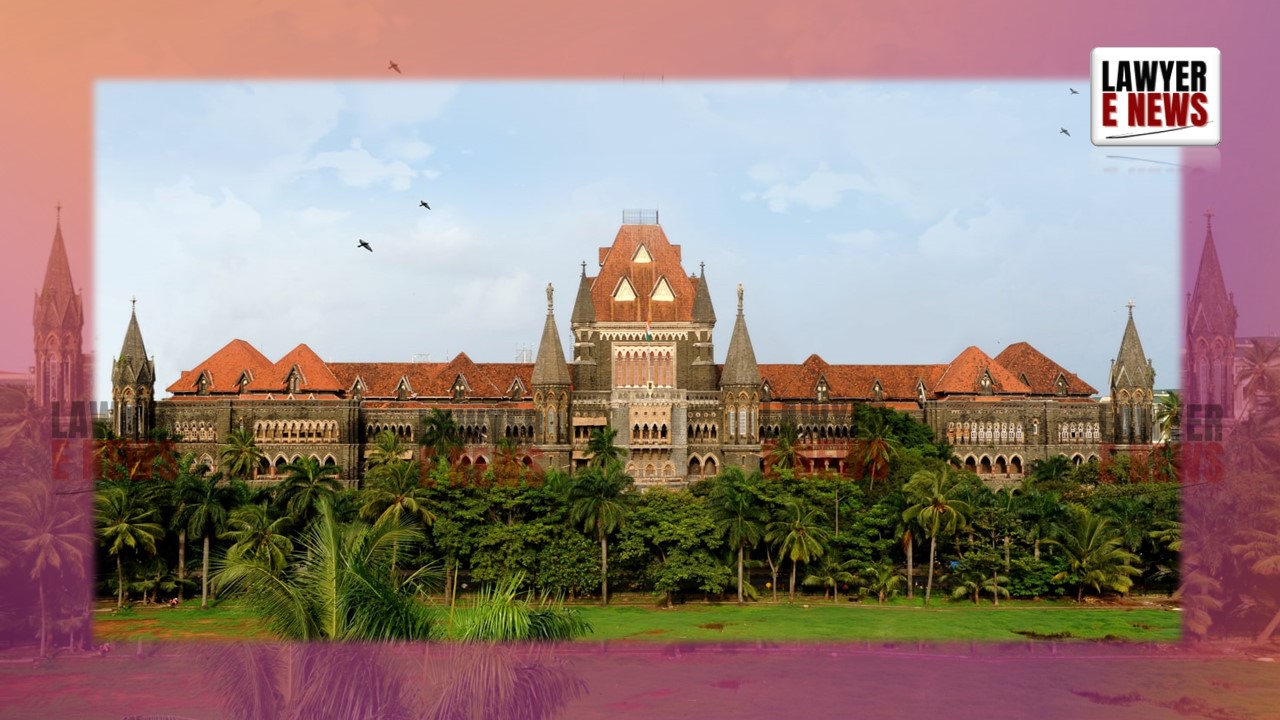-
by Admin
15 February 2026 5:35 AM



Requirement of Recording Reasons: A Mandate for Fairness and Justice in Eviction Proceedings. High Court of Judicature at Bombay delivered a significant ruling in a batch of writ petitions challenging eviction orders issued by the Nashik Municipal Corporation. These orders were upheld by an Appellate Court judgment dated January 5, 2023, under Section 81-F of the Maharashtra Municipal Corporation Act. The court examined the necessity for the municipal authorities to issue reasoned orders when evicting occupants from Corporation premises, emphasizing the importance of adhering to quasi-judicial standards.
The case originated from a series of show-cause notices issued by the Nashik Municipal Corporation in 2015 to various petitioners, who were lessees or allottees of municipal land since 1973. The Corporation cited reasons such as arrears of license fees and the need to vacate premises for road widening and development as part of public interest initiatives. The petitioners had initially challenged the eviction orders before the District Court, which found them to be without sufficient evidence and remanded the cases for fresh consideration. After remand, the Deputy Commissioner upheld the eviction orders, leading to the present challenge in the High Court.
The key legal question was whether the Nashik Municipal Corporation had adhered to the principles of natural justice and statutory requirements under Section 81-B of the Maharashtra Municipal Corporation Act in ordering the eviction. The petitioners argued that the eviction orders were issued without a fresh show-cause notice after remand and without proper reasoning, as required for a quasi-judicial action.
The court also examined the necessity for municipal authorities to provide a clear and reasoned basis for their decisions, particularly when evicting individuals from premises they had occupied for several decades. The respondents maintained that the evictions were justified in the public interest and that the Deputy Commissioner's decision was an administrative one, thereby not necessitating detailed reasons.
The High Court scrutinized the actions of the Nashik Municipal Corporation, emphasizing that even if the Deputy Commissioner’s decision was administrative, the need to record reasons cannot be disregarded. The court pointed out that:
The lack of a fresh show-cause notice post-remand was a procedural flaw.
The statutory framework under Section 81-B required a detailed examination of facts and proper reasoning, especially when the eviction was predicated on public interest.
The Deputy Commissioner exercised quasi-judicial powers, necessitating a duty to act judicially and not arbitrarily.
The court referenced several precedents, including Mahabir Prasad Santosh Kumar v. State of U.P. and A.K. Kraipak v. Union of India, highlighting the significance of recording reasons in quasi-judicial and administrative decisions. It underscored that mere satisfaction or subjective opinion of the Commissioner was insufficient, and the satisfaction must be based on objective consideration of facts and evidence.
The High Court’s ruling underscores the imperative for municipal authorities to issue well-reasoned orders when exercising eviction powers under the Maharashtra Municipal Corporation Act. It serves as a reminder that procedural fairness and adherence to quasi-judicial standards are essential in safeguarding the rights of individuals against arbitrary administrative actions.
Date of Decision: September 12, 2024
Mr. Karansingh Shivsingh Gill vs Nashik Municipal Corporation Through its Municipal Commissioner,
